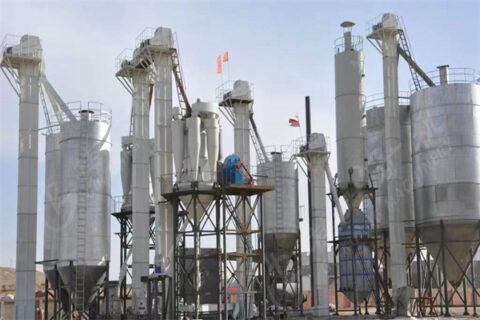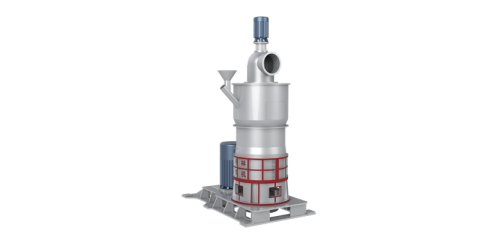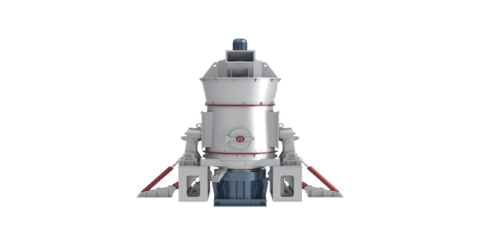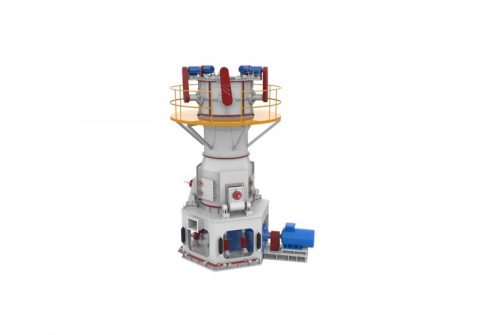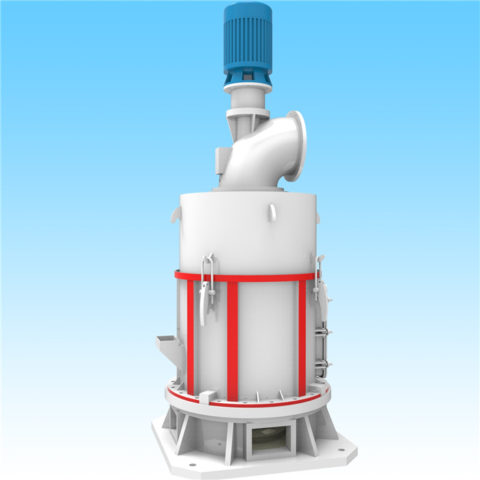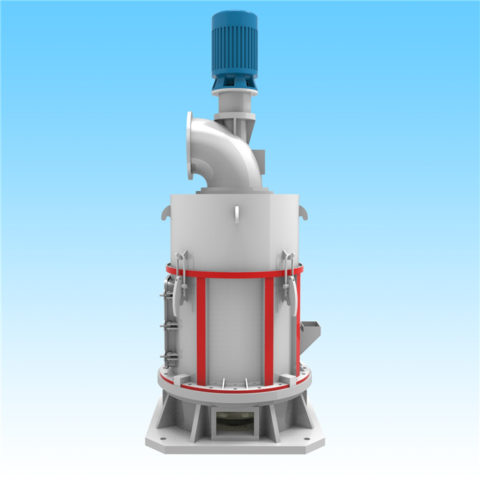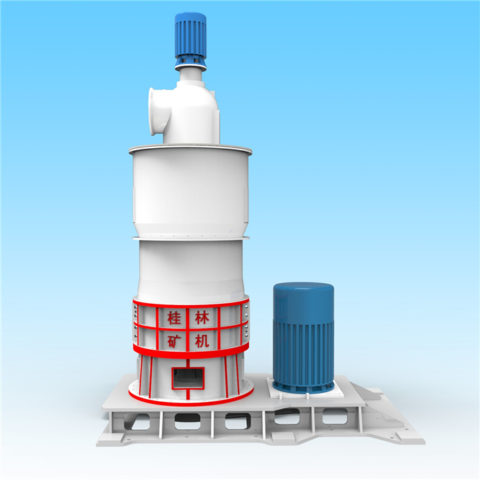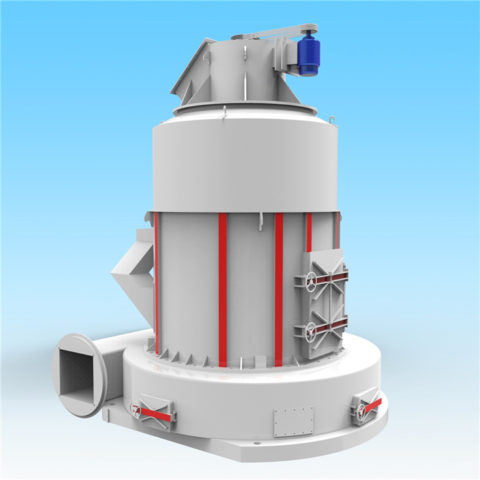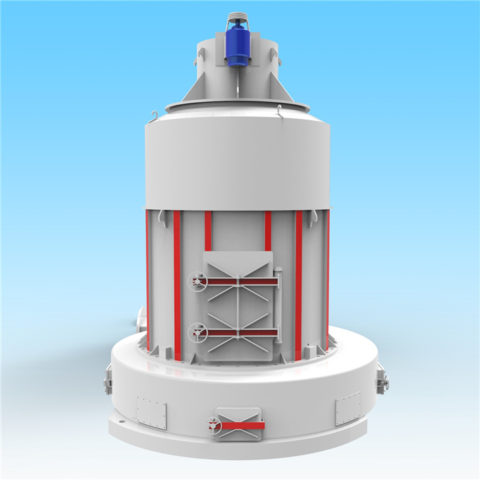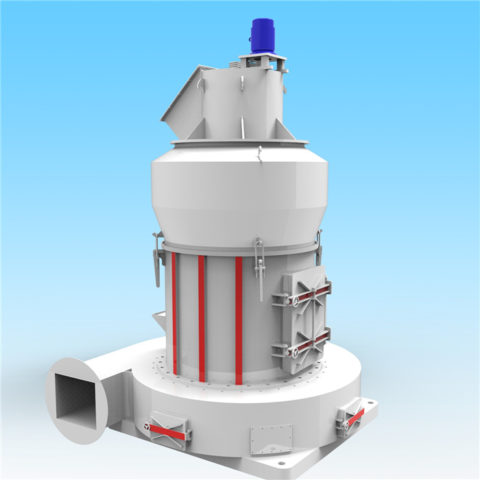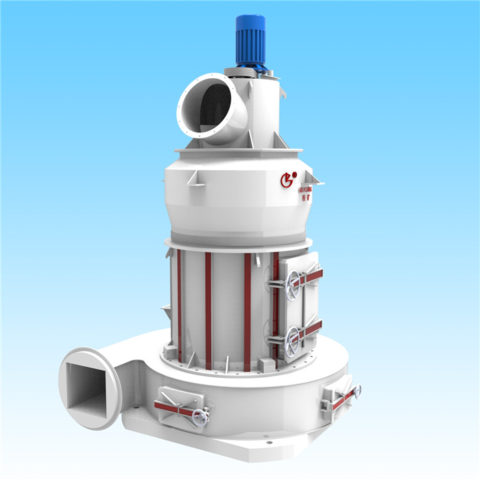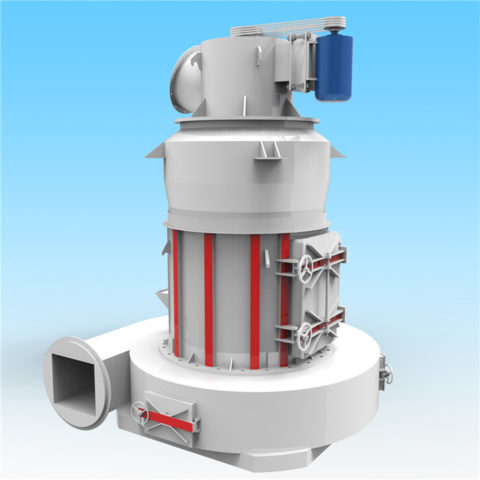In this factory tour of a GCC (Ground Calcium Carbonate) Ultrafine Grinding Mill Plant, we will explore the detailed steps involved in the production of high-quality GCC powder. There are seven main steps in this process:
1. Washing
The first step involves cleaning the raw materials to remove dust and impurities. This ensures the quality of the final product. Raw calcium carbonate stones are subjected to thorough washing, where water and specialized washing equipment are used to eliminate surface impurities and unwanted particles. This process is crucial for achieving the desired purity and quality in the subsequent stages.
2. Primary Crushing
After washing, the raw materials undergo primary crushing. A jaw crusher is employed for this purpose. The jaw crusher is a robust machine designed to handle large stones, reducing their size significantly. This initial crushing phase is essential for preparing the material for further processing. By breaking down the stones, the jaw crusher facilitates easier handling and transport of the material within the plant.
3. Conveying
Once the primary crushing is complete, the material needs to be transported to the next level of crushing. Conveying systems, such as conveyor belts or elevators, are used to move the crushed material efficiently. These systems are designed to handle large volumes of material, ensuring a steady and continuous flow from one processing stage to the next. Effective conveying is critical for maintaining productivity and preventing bottlenecks in the production line.
4. Secondary Crushing
In the secondary crushing stage, the material undergoes further size reduction. An impact crusher is typically used for this purpose. The impact crusher is capable of crushing the material to less than 20 mm in size. This finer crushing prepares the material for the grinding phase. The goal is to achieve a size that is suitable for ultrafine grinding, ensuring efficient and effective milling in the next step.
5. Grinding
The grinding stage is where the material is transformed into ultrafine GCC powder. Two types of mills are used: the GKH ultrafine mill and the GKLM ultrafine vertical mill. These mills are designed to produce GCC powder with a mesh size ranging from 150 to 3000. The GKH ultrafine mill is known for its high efficiency and precision in grinding, while the GKLM ultrafine vertical mill offers advanced technology for achieving ultrafine particle sizes. This stage is critical for producing the fine and consistent powder required for various industrial applications.
6. Powder Conveying
To maintain the quality of the GCC powder and prevent dust contamination, the powder conveying process is carefully controlled and sealed. Specialized conveying equipment, such as pneumatic conveyors or screw conveyors, are used to transport the powder from the grinding mills to the packaging area. These systems are designed to minimize dust generation and ensure that the powder remains clean and free from impurities during transport.
7. Packaging
The final step in the production process is packaging. Fully automatic packaging and stacking machines are utilized to enhance the efficiency and accuracy of this process. The GCC powder is carefully measured and packed into bags or containers, ready for distribution and use. Automated systems ensure that each package is filled to the correct weight and sealed properly, maintaining the integrity and quality of the product. The stacking machines then organize the packages for easy handling and shipping.
By following these detailed steps, the GCC Ultrafine Grinding Mill Plant ensures the production of high-quality GCC powder, meeting the stringent requirements of various industries. Each stage is meticulously controlled to achieve the desired product characteristics, making this plant a leader in the field of ultrafine grinding.

